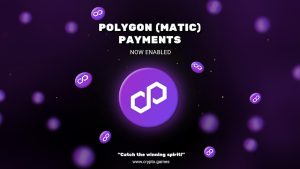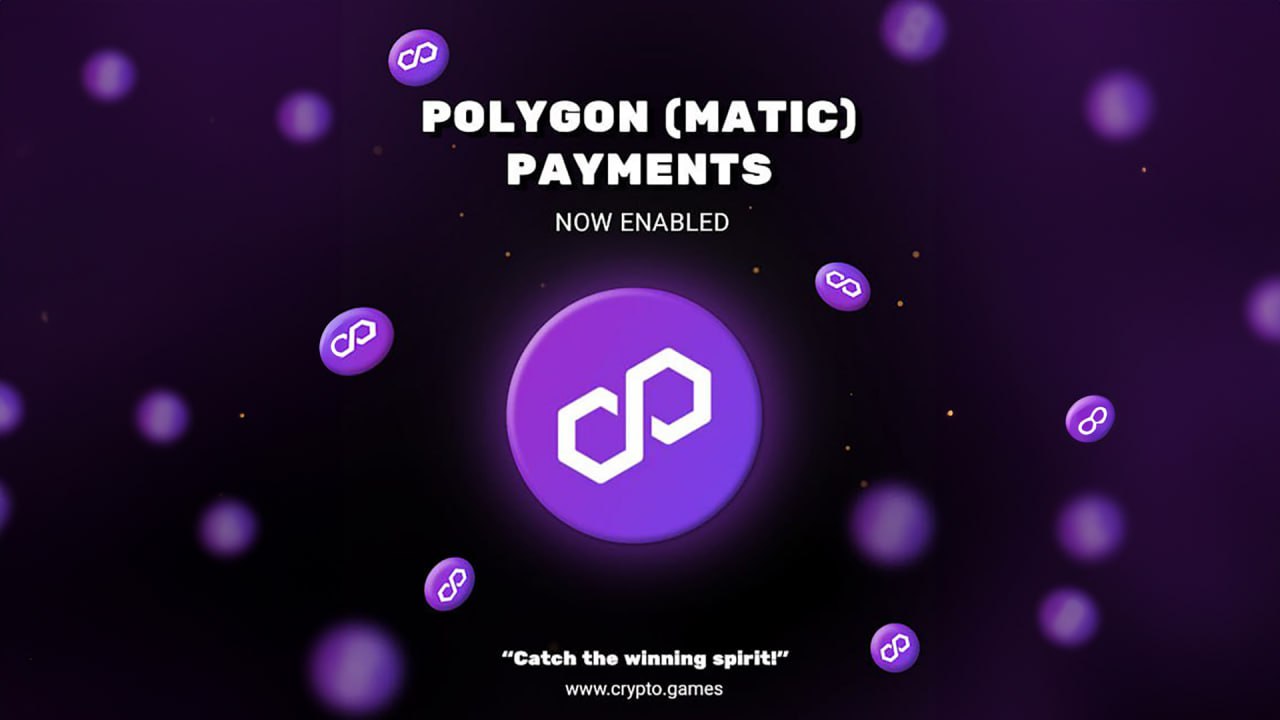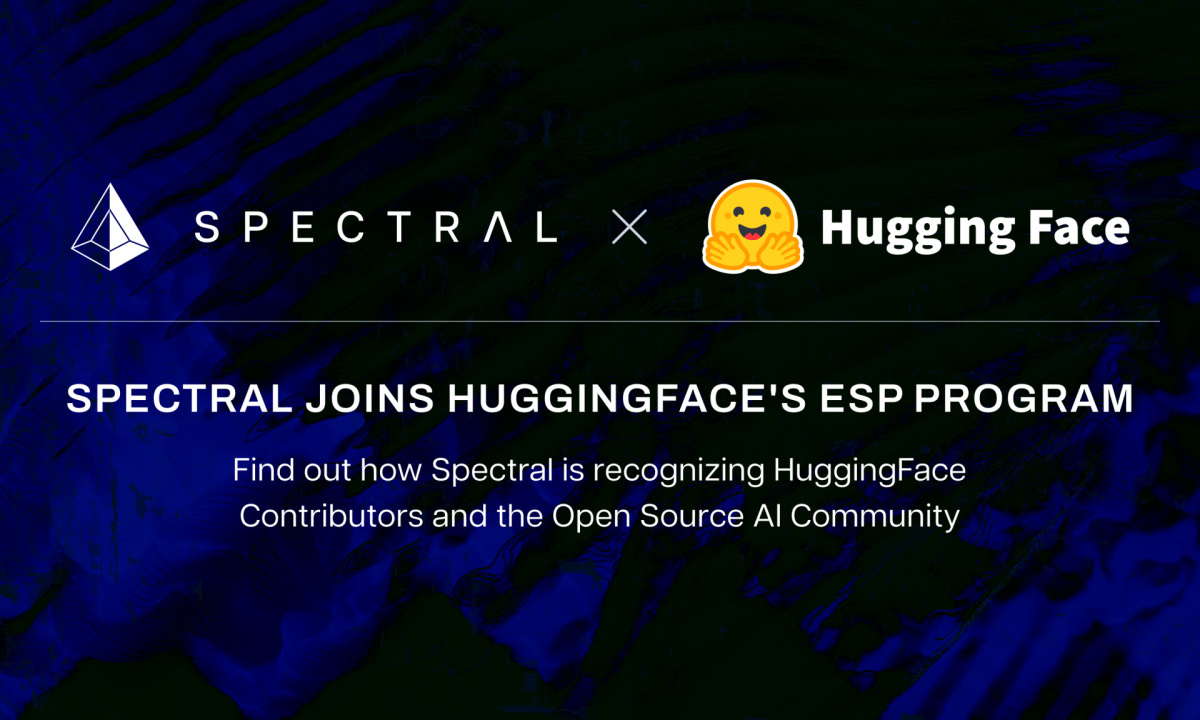What Are Ring Miners?
Ring Miners are participants in the Loopring protocol, an Ethereum-based exchange and payment system. The Loopring protocol utilizes a unique consensus mechanism to avoid traditional order books and automated market maker (AMM) mechanisms that govern liquidity pools. The primary role of ring miners is to facilitate orders by filling them before they can be completed or canceled.
Ring miners are rewarded for their services with LRC tokens, the native token of the Loopring protocol. Additionally, they can receive a slip-margin from the order amount as a service fee.
The activities of ring miners revolve around executing orders using order rings to earn service fees. There are two types of rewards that ring miners receive:
The first type of reward is the Loopring (LRC) token, which is generated by the platform. When creating an order, the user specifies the maximum number of LRC tokens to be rewarded to the ring miner as a service fee.
Ring miners can also be awarded through split margins, which are deducted from the total amount of a specific order. The user can specify the portion of the margin that can be claimed for a specific order.
The decision of choosing between fees and margins is up to the ring miners.
The compensation system in Loopring is designed to ensure that ring miners receive adequate financial rewards for their services during the order ring. It is based on an incentive system that encourages miners to seek out the best exchange rate deals to obtain better split margins or service fees. This also benefits users by ensuring that they receive the most value for their traded cryptocurrencies.
The Loopring smart contract defines how to fill an ordered ring when a ring miner completes it.
If the smart contract can execute the order on either side of the trade, it will perform a direct transfer from the smart contract to the user’s wallet. Order rings enable ring matching, which completes orders by linking them together and securing multiple trades through multiple users. This sets Loopring apart from other decentralized exchanges (DEXs) like Waves or Bancor.
To illustrate these practices in action, let’s consider an imaginary order on the Loopring network. Karen, Mark, and Dane all want to make trades. Karen wants to exchange 2 HNT for 10 ADA, Mark wants to exchange 21 VET for 1.5 OMG HNT, and Dane wants to exchange 20 ADA for 40 VET. Ring miners would use ring matching to combine these dislocated orders into a single order ring. Karen would trade her HNT with Mark, Mark would trade his VET with Dane, and Dane would trade his ADA with Karen. This ensures that everyone receives their desired coins after the ring order is approved by Loopring’s smart contracts.
Except for Mark’s order, which is already filled, the other orders are incomplete. Loopring’s order sharing feature would handle the leftovers by filtering them into another order ring until each incomplete order is added up to the complete order.











